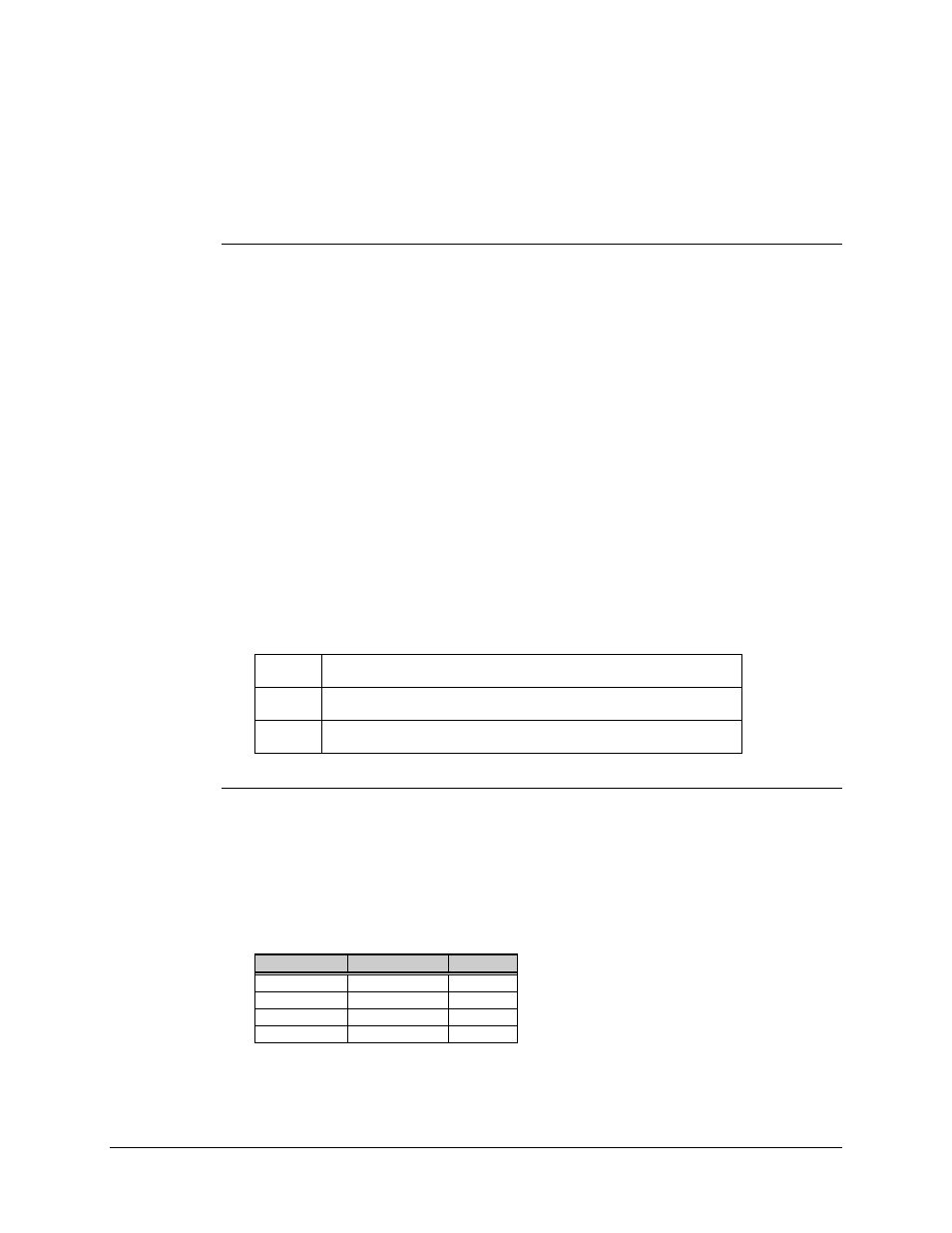2 qpsk encoding/modulation – Comtech EF Data SDM-9000 User Manual
Page 137

SDM-9000 Satellite Modem
Theory of Operation
Rev.4
5–9
5.2.4 Theory of Modulation Types
5.2.4.1 Description
The modulation types for the modem include:
•
QPSK
•
8PSK (optional)
•
16QAM (optional)
The PSK data transmission encoding method uses the phase modulation technique. This
method varies the phase angle of the carrier wave to represent a different bit value for the
receiver. The higher levels of modulation are required for an operating range that has a
limited bandwidth.
The QAM method uses a combination of differential phase shifts and amplitudes totaling
16 different states to represent different bit values.
The order of modulation is represented by mPSK or mQAM, where m relates to the
number of discrete modulation states. The following table is a brief description of the
modulation types:
QPSK
4 discrete phase angles represent the 4 possible combinations of
2 symbols.
8PSK
8 discrete phase angles represent 8 possible combinations of 3
symbols generated by the encoder.
16QAM
16 discrete modulation states represent 16 possible combinations
of 4 symbols generated by the encoder.
5.2.4.2 QPSK Encoding/Modulation
The modulator converts transmitted baseband data into a modulated QPSK carrier.
Using vector analysis of the constellation pattern, QPSK represents two symbols with the
carrier phase angle at 45
°
, 135
°
, 225
°
, or 315
°
. The 1/1, 1/2, 3/4, and 7/8 rates encoded at
the convolutional encoder (k = 7) provide the desired bit rates as follows:
Code Rate
Symbols/Bit
Bits/Hz
1/1
1
2
1/2
2
1
3/4
1.33
1.5
7/8
1.143
1.75
